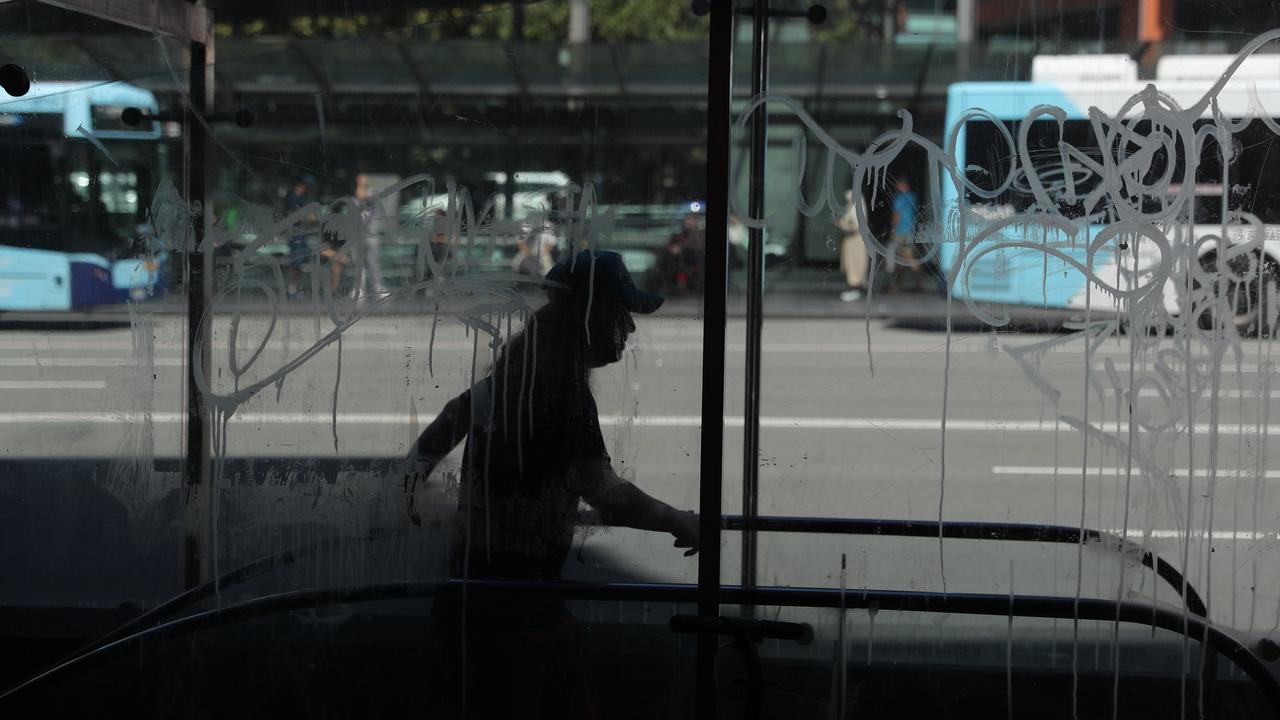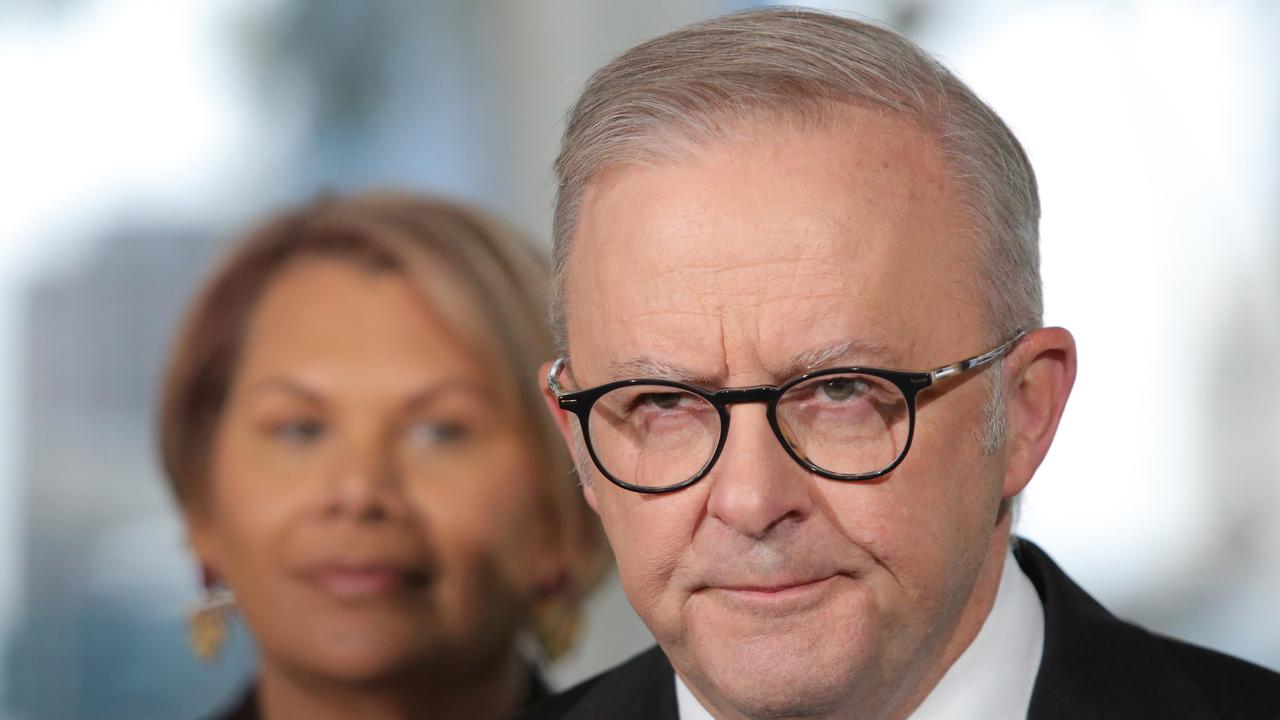Miranda Devine: New York Times’ Hunter Biden laptop admission too little, too late
The mainstream media kept millions of voters in the dark by dismissing Hunter Biden’s laptop. Now they’re coming clean, writes Miranda Devine.
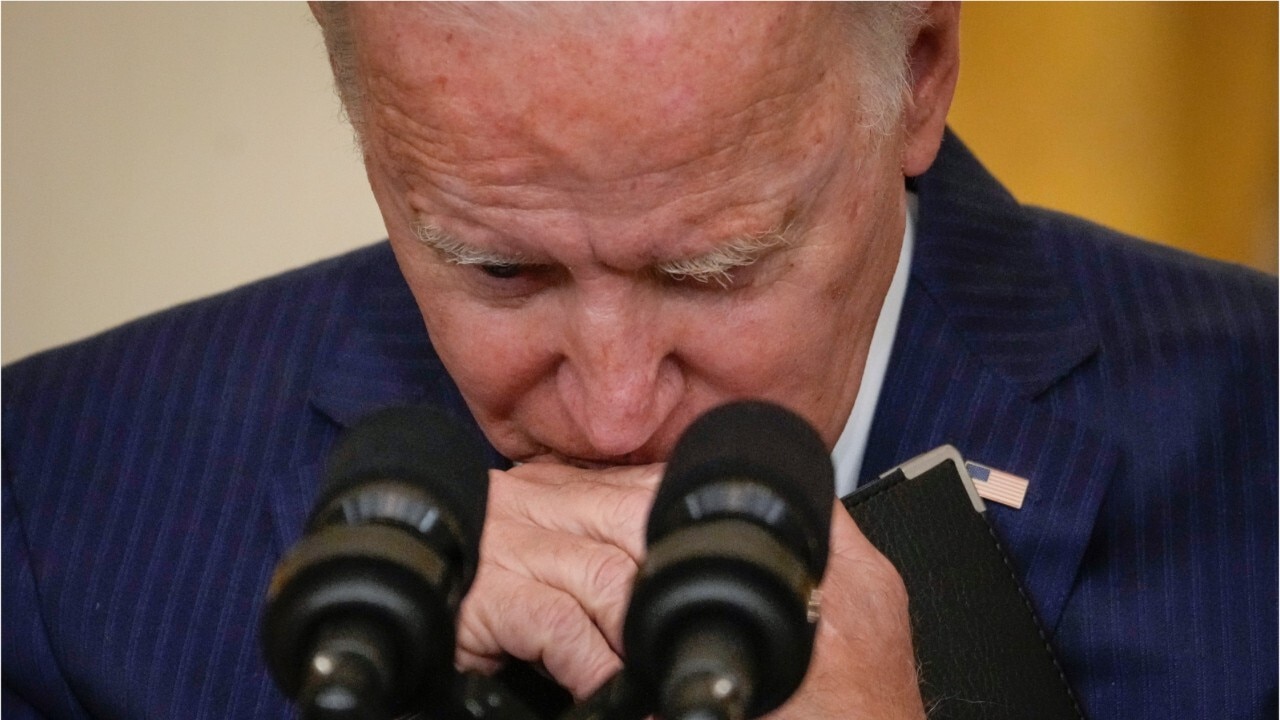
Opinion
Don't miss out on the headlines from Opinion. Followed categories will be added to My News.
There has been a lot of crowing this week about the fact that the New York Times has finally come clean and admitted Hunter Biden’s laptop saga is not Russian disinformation. It’s real.
You don’t say.
This old bombshell was buried in the 24th paragraph of a story buried on page 20 of the newspaper, but at least the Grey Lady’s readers now know something that readers of The Daily Telegraph and the New York Post knew 17 months ago.
It is an indictment of the Times and a betrayal of their readers who were kept in the dark about the true nature of Joe Biden before the 2020 election.
So much for “All the News that’s Fit to Print” and “Democracy Dies in Darkness”. That last motto belongs to the Jeff Bezos-owned Washington Post which to this day is still pouring scorn on the laptop story.
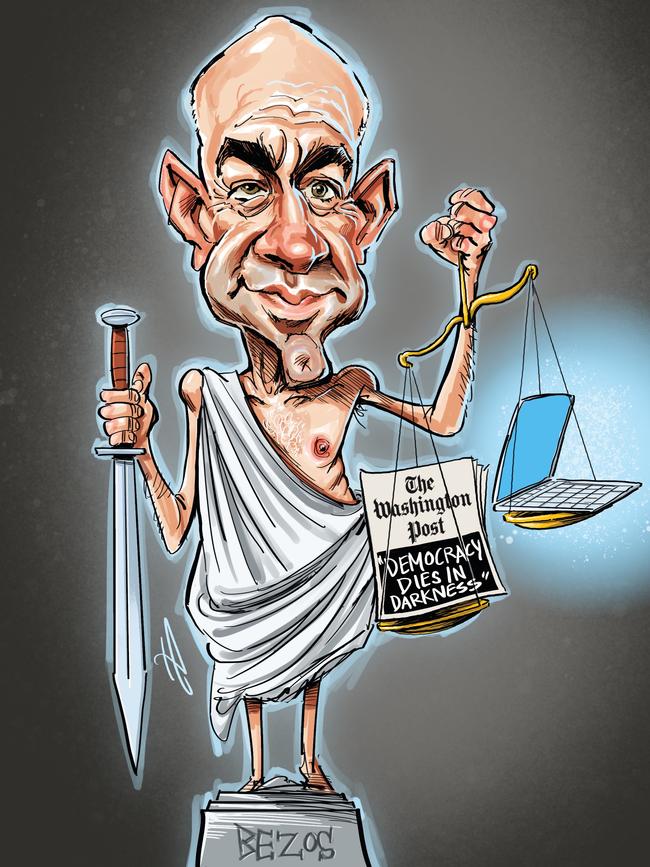
Polls taken after the 2020 election indicated that at least 10 per cent of Biden voters would have changed their vote if they had known about the scandal involving one of the candidates for president and his crack addict son. In an election decided by 43,000 votes in three battleground states, that could have changed the result and, with it, the course of world history.
As President Biden prepares to fly to Brussels this week, for a NATO summit about Russia’s invasion of Ukraine, the laptop affair has alerted us to the conflicts of interests created by the Biden family’s corruption during the eight years he was vice president.
Shady oligarchs in Russia and Ukraine and high ranking communist party officials in China paid Hunter, Joe’s brother Jim Biden and their business partners tens of millions of dollars with the expectation of a quid pro quo from Joe. The laptop that Hunter abandoned at a Macbook repair shop in Delaware in April 2019 contained evidence of those payments and of Joe’s intimate involvement in his family’s international influence peddling scheme. Testimony and evidence provided to the FBI by Hunter’s former business partner, Naval veteran Tony Bobulinski corroborates and augments material on the laptop.
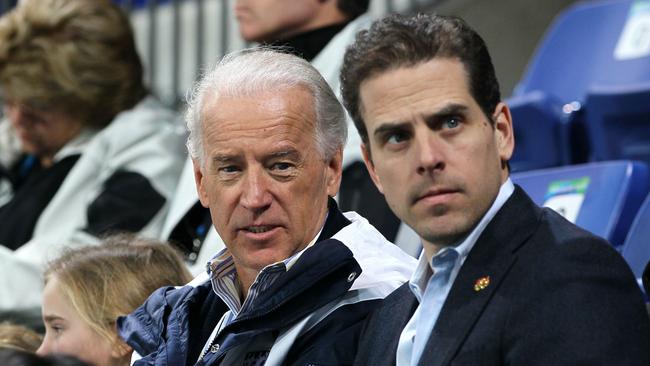
During the election campaign Joe repeatedly denied knowing anything about Hunter’s overseas business dealings. Yet he met several of his son’s overseas business partners when he was VP. He met Chinese, Russians, Kazakhstanis and Mexicans.
He was the “Big Guy” offered a 10 per cent cut of a business deal with Chinese government-owned energy company, CEFC, the capitalist arm of President Xi Jinping’s Belt and Road initiative. And some evidence on the laptop indicates that Joe financially benefited from Hunter’s overseas business dealings.
He and Hunter had shared debit cards, shared bank accounts. Hunter was paying some of Joe’s household bills, including maintenance and upkeep on one of his Delaware mansions, and a monthly phone bill.
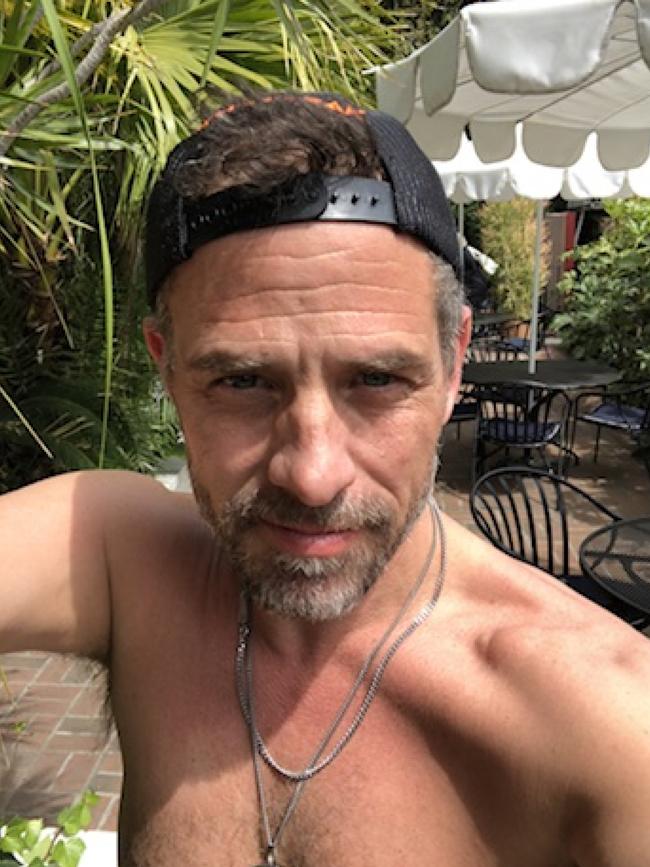
Hunter used to complain bitterly about receiving no thanks for supporting the rest of the family. In a text to his daughter, he wailed about having to give half his salary to Joe.
Now that Joe is President and international crises are blowing up in the very countries that once enriched his family, it’s reasonable to ask if his actions are constrained by those “illbegotten” gains, as Biden calls the wealth of Russian oligarchs. It is not good enough for the White House to dismiss those questions about a conflict of interest, as press secretary Jen Psaki did last week, by saying Hunter “doesn’t work in the government”. But she wasn’t being asked about Hunter. She was being asked about the President.
“How is President Biden navigating conflicts of interest when it comes to sanctioning people who have done business with his family?” the New York Post’s White House reporter Steven Nelson asked.
“What would be his conflicts of interest?” Psaki coolly replied. Well, just for starters, Russian oligarch Yelena Baturina, who paid $3.5 million into a bank account associated with Hunter and his business partner Devon Archer, was not sanctioned by the US along with other Putin-allied oligarchs this month. Why not? Was it an oversight? A favour? It’s a serious question which deserves a serious answer.
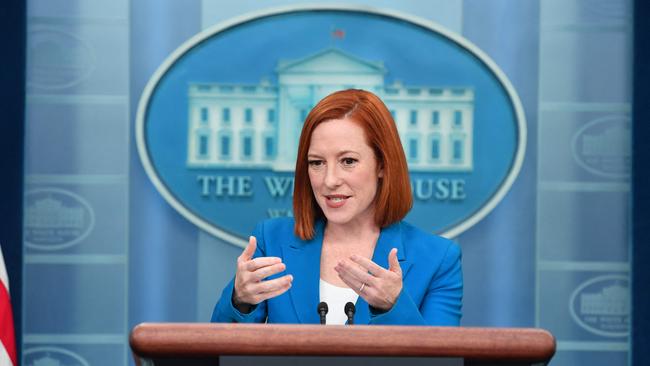
Baturina wired $3.5 million on February 14, 2014 to Rosemont Seneca Thornton LLC, a consortium formed between Rosemont Seneca – the firm co-founded by Hunter, Devon Archer and Chris Heinz – and the Boston-based Thornton Group.
Baturina’s wires were flagged in “suspicious activity reports” provided by the Treasury Department to a Senate Republican inquiry by the Finance and Homeland Security and Governmental Affairs Committees, chaired by Senators Chuck Grassley and Ron Johnson. Hunter’s lawyer has denied that Hunter profited from the transaction, telling CNN: “The claim that he was paid $3.5 million is false.”
So, who received the $3.5 million and did they pay tax on it?
Seven weeks after Baturina’s wire transfer, Hunter and Archer flew to Lake Como, Italy, and had a meeting with her at Villa d’Este, a favourite haunt of Russian oligarchs.
A year later, in April 2015, Baturina and her husband, the former corrupt mayor of Moscow and political ally of Vladimir Putin, Yury Luzhkov, would appear on a guest list Hunter prepared for a dinner at Washington’s Cafe Milano where his father, then VP, would meet with his son’s overseas business partners from Russia, Ukraine and Kazakhstan. After the Post published details of that dinner last year, the White House quietly admitted to a Washington Post fact-checker that Biden did attend the dinner, but only briefly.
That’s a pretty important admission, because during the election campaign, Biden repeatedly denied meeting Hunter’s overseas business partners.
Miranda Devine is in New York to cover current affairs for The Daily Telegraph




